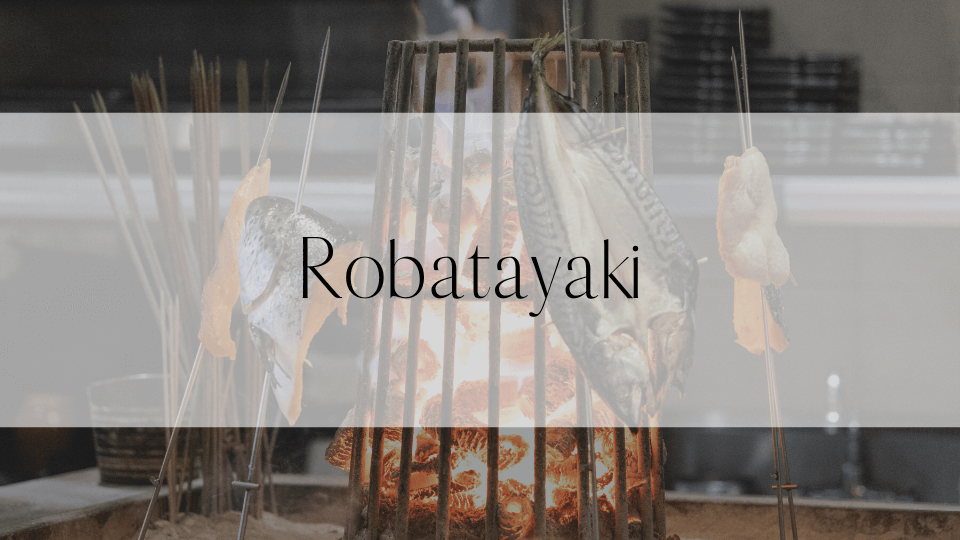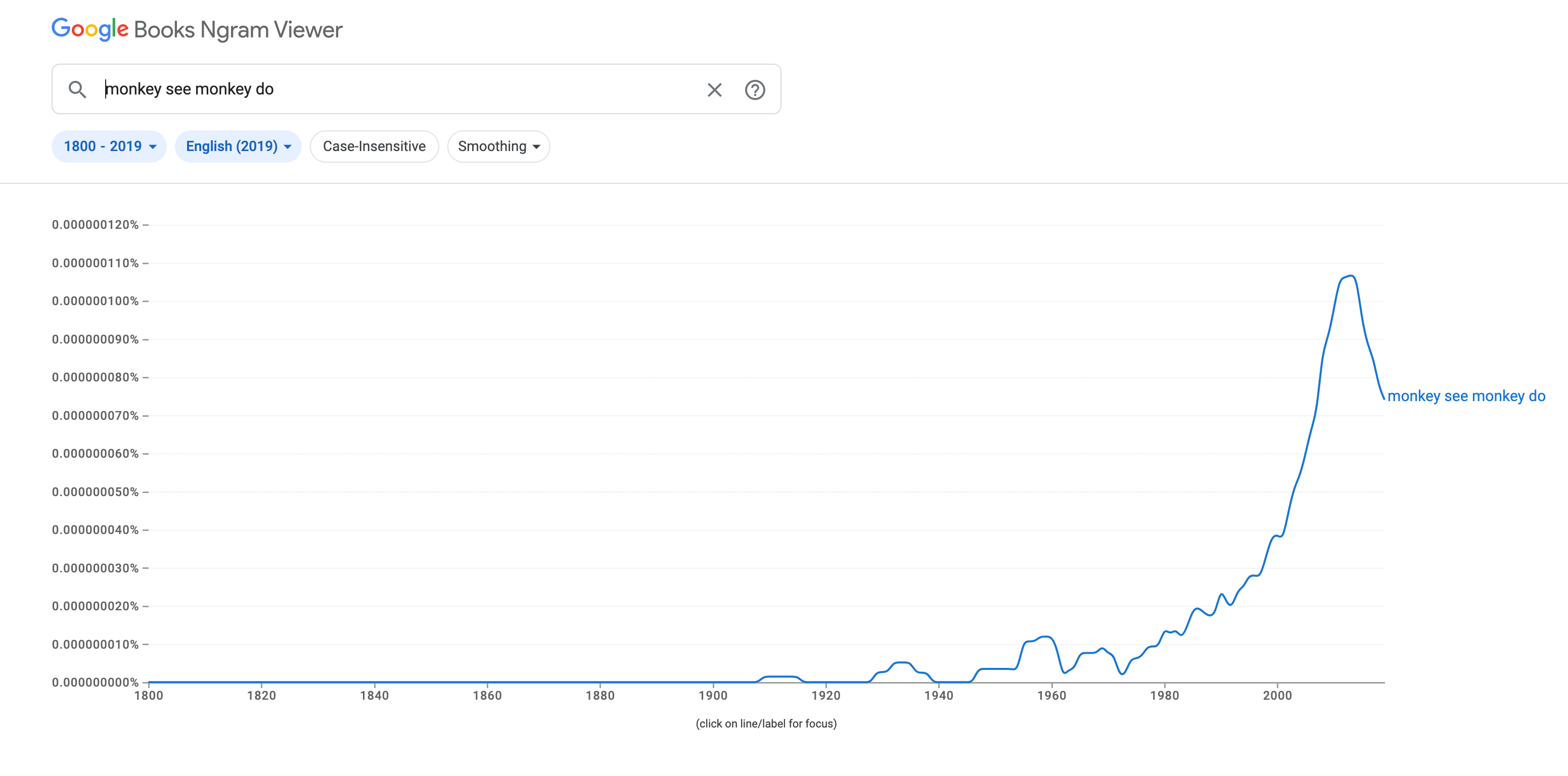こんにちは!
この記事では、「scared the hell out of me」というフレーズを探求し、その意味と英語での使い方を深掘りしていきます。
この表現は日常生活のさまざまな文脈でよく使われますが、「hell」という言葉はかなり強い言葉で、攻撃的と見なされることもあるので、非常にカジュアルな場面でのみ使われるべきだということを覚えておくことが重要です。
「scared the hell out of me」の意味
私たちが「scared the hell out of me」と言ったときは、何かが私たちを強烈に怖がらせた、または極度の恐怖やショックを与えたことを意味します。
「scared the hell out of me」と「scared me」の違い
「scared the hell out of me」と「scared me」の両方のフレーズは私たちが恐怖を感じたことを伝えますが、この二つのフレーズの間には、私たちが感じた恐怖の度合いに違いがあります。
“the hell out of”という口語表現を用いることで、恐怖がより強烈に強調されます。
これらの表現は文法的には同じ使い方をします。以下に例を示します。
[例文]
The earthquake in Fukuoka yesterday scared me.
(昨日の福岡の地震は私を怖がらせました。)
The earthquake in Fukuoka yesterday scared the hell out of me.
(昨日の福岡の地震は私をめちゃくちゃ怖がらせました。)
「hell out of me」の他の使い方
さきほど言った通り、「the hell out of」は強調するための口語表現で、他の動詞、例えば「annoy(いらだたせる)」「beat(打う)」「get out(出る)」などと共に使うことができます。
[例文]
Jim annoyed the hell out of me yesterday. Can you believe what he said?
(ジムは昨日、私をめちゃくちゃイライラさせました。彼が言ったことが信じられますか?)
Things got a little bit scary so I got the hell out of there as fast as I could.
(少し怖くなってきたので、私はできるだけ早くそこから逃げ出しました。)
「scared the hell out of me」を使った例文
以下に、「scared the hell out of me」をどのように文章で使用するかの例をいくつか挙げてみます。
That horror movie scared the hell out of me. I couldn’t sleep for days.
(そのホラー映画は私をめちゃくちゃ怖がらせました。何日も眠れませんでした。)
When the thunderstorm hit Fukuoka last week, the loud thunder scared the hell out of me.
(先週、福岡で雷雨が襲ったとき、大きな雷の音が私をめちゃくちゃ怖がらせました。)
On my way to Oita, because of slippery conditions, the car swerved unexpectedly. It really scared the hell out of me.
(大分への途中で、路面が滑りやすかったので、車が予期せずに車が突然横滑りしました。それは本当に私をめちゃくちゃ怖がらせました。)
Seeing a snake slither across the path near the Fukuoka Zoo scared the hell out of me.
(福岡動物園の近くの道路を蛇が滑るように横切った光景は私をめちゃくちゃ怖がらせました。)
「scared the hell out of me」の他の言い方
さきほども言った通り、「hell」という言葉は友人と話すときなど、非常にカジュアルな状況でのみ適しています。
もっと正式な状況や、どの言葉を使うべきか少し注意深く考える必要がある状況では使うべきではありません。
極度の恐怖を表す表現は他にも、「terrify me(私を恐れさせる)」「send shivers down my spine(背筋をゾッとさせる)」「petrify me(恐怖で動けなくさせる)」などがあります。
または「scare the bejesus out of me」、「scare the heck out of me」といった「scared the hell out of me」と同じ表現のやや異なる使い方などがあります。文法的な使い方は「scared the hell out of me」と同じです。
私をめちゃくちゃ怖がらせたもの
幸いなことに、私の人生ではあまり怖い体験はありませんが、一つ印象に残っているのは2007年の福岡の地震です。
揺れは15秒か30秒くらい続いたと思いますが、私たちの家は警固断層の上に位置していたので、物があらゆる方向から私に落ちてきました。
最初に思ったのは、これが北朝鮮による核攻撃かもしれないということでした。
ですから、その経験は私を本当に怖がらせたと言っても過言ではありません。
実践的な英語ならケンジントン英会話
ケンジントン英会話では、教科書には載っていない、生きた表現を身に付けられます。
福岡市内の教室やオンラインで、経験豊富でフレンドリーな講師と一緒に英語を学びませんか?
実践的な英語を学びたい方はケンジントン英会話の公式サイトをチェック!
[英語原文]
Hello there! In this article, we will explore the phrase “scared the hell out of me” and delve into its meaning and usage in English. This expression is commonly used in various contexts in daily life though it’s important to remember that the word “hell” is quite strong and could be considered as offensive so it should be only used in very casual settings.
Meaning of “Scared the Hell Out of Me”
When we say that something “scared the hell out of me,” it means that something frightened us intensely or caused us extreme fear or shock.
Difference between “Scared the Hell Out of Me” and “Scared Me” –
While both phrases convey that we felt fear, there is a distinction between “scared the hell out of me” and “scared me.” in the degree of fear we felt. That higher degree of emotion is conveyed by the expression “the hell out of” which is a colloquial expression used to provide emphasis. Grammatical usage is the same for both expressions as we can see below.
Ex: The earthquake in Fukuoka yesterday scared me.
Ex: The earthquake in Fukuoka yesterday scared the hell out of me.
Other Usages of “Hell out of me”
As mentioned above “the hell out of” is a colloquial expression used to provide emphasis. It can be used with other verbs such as “annoy”, “beat”, “get out”,
Ex. Jim annoyed the hell out of me yesterday. Can you believe what he said?
Ex. Things got a little bit scary so I got the hell out of there as fast as I could.
Example sentences with “scared the hell out of me “
Here are some examples of how to use this expression in sentences.
Ex. That horror movie scared the hell out of me. I couldn’t sleep for days.
Ex. When the thunderstorm hit Fukuoka last week, the loud thunder scared the hell out of me.
Ex. On my way to Oita, because of slippery conditions, the car swerved unexpectedly. It really scared the hell out of me.
Ex. Seeing a snake slither across the path near the Fukuoka Zoo scared the hell out of me.
Other ways to say “scared the hell out of me”
As mentioned above, the word “hell” is only suitable in very casual situations when talking with friends and shouldn’t be used in more formal settings or settings where we need to be a little more careful of what words we should use. Alternate expressions to convey extreme fear include “terrify me”, “send shivers down my spine”, “petrify me” or using the same expression slightly differently as in “scare the bejesus out of me”, “scare the heck out of me”. Grammatical usage is similar.
Something that scared the hell out of me is…….
Thankfully I haven’t had many scary experiences in my life, maybe one that stands out is the Fukuoka earthquake in 2007. The tremors lasted for I think 15 or 30 seconds or something and our house was located on the Kego underground fault so things were falling on me from all directions. My initial thought was that it was a nuclear attack by Korea somehow so yeah it’s fair to say that it scared the hell out of me.
~*~*~*~ \ Follow me / ~*~*~*~
Instagram : @kensington_eikaiwa
Twitter : @Kensington_Eng
Facebook : @kensingtoneikaiwa
YouTube : KENSINGTON英会話
~*~*~*~*~*~*~*~*~*~*~*~*~*
◆お問い合わせはこちら
ケンジントン英会話:お問い合わせフォーム














































